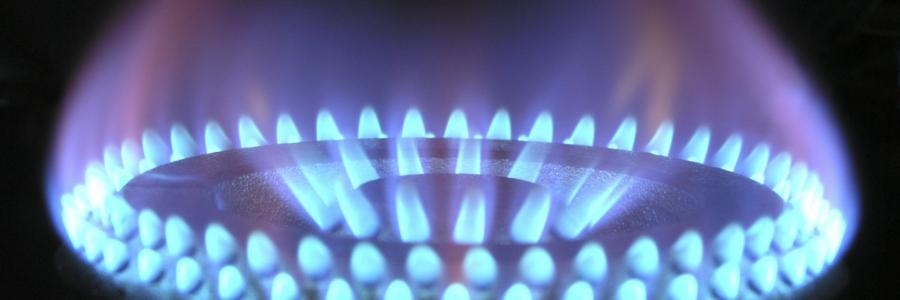Ways to Reduce Energy Use and Save Money

Small Changes, Big ImpactWhen it comes to saving energy, think of it like a diet: it’s all about those small, sustainable changes. You know, the kind of changes that make you feel like a superhero without the need for spandex. The good news is you don’t have to give up your beloved creature comforts. Instead, you can make some clever adjustments that even your bank account will applaud.Consider swapping out those incandescent bulbs for LED lighting. It’s like trading in a dinosaur for a shiny new sports car. LEDs use a fraction of the energy and last much longer, meaning fewer trips to the store, fewer bulbs in the landfill, and more money left in your wallet to splurge on that vintage vinyl collection you’ve always wanted.Home Sweet Efficient HomeYour home may feel cozy, but is it a heat sieve? If your windows and doors are leaking air like a poorly sealed bag of chips, your energy bills will make you question your life choices. Invest in some weatherstripping, caulk those gaps, and give your home a “tune-up.” A well-insulated home is the equivalent of wearing a warm, stylish sweater instead of a tattered old hoodie. And while you’re at it, consider your appliances. Are you still using that ancient fridge that could double as a time capsule? Upgrading to energy-efficient models can significantly cut down on your energy bill. Plus, think of all the extra room you’ll have for snacks. And really, isn’t that what it’s all about?Heating and Cooling Like a ProNobody enjoys being stuck in a sauna or an icebox, but controlling your home temperature shouldn’t require a degree in rocket science. Programmable thermostats are your best friends. They can learn your schedule and adjust the temperature accordingly, ensuring that your home is just right when you walk through the door. It’s like having your own personal butler, but without the awkward small talk.Instead of cranking up the heat in winter, throw on a cozy sweater or snuggle up with a good book. If only it were that easy in summer—imagine telling the sun to “chill out” while you sip on iced tea.Embrace Renewable EnergyYou might not have your own wind farm in the backyard, but you can still flirt with renewable energy. If your local energy provider offers options for clean energy, consider making the switch. It’s like deciding to eat kale instead of a double cheeseburger—sure, it’s a change, but your future self will thank you.Solar panels are also becoming more affordable. They may not be able to turn you into a money magnet overnight, but they can definitely help you cash in on those sunlight dollars. Just picture it: your roof, a mini power plant, harnessing the sun while you enjoy a lazy afternoon.Mind Your HabitsSometimes, it’s the little habits that can drain energy faster than a toddler at the candy store. Let’s be honest, how many times have you left the lights on in a room you’ve already left? If only there were a national light-switch-off campaign—next thing you know, you’d be a poster child for energy conservation.Here are a few habits to adopt: - Unplug chargers and devices when not in use. They can be sneaky energy vampires!
- Wash clothes in cold water. Hot water is so last season.
- Air dry your clothes instead of using the dryer. Your clothes will smell fresher and you can pretend you’re living in a 1960s sitcom.
Time to Celebrate SavingsBy adopting these strategies, you can reduce your energy use and make significant savings. Picture this: a future where your energy bills are lower than your last trip to the grocery store, and you can proudly proclaim, “I'm not just a consumer; I’m an eco-warrior!” Ultimately, saving energy isn’t just about cutting costs; it’s about embracing a lifestyle that benefits both your wallet and the planet. Just think of all the fun activities you can indulge in with the money you save. Maybe a weekend getaway, or better yet, a shopping spree for cute reusable bags as you continue to be the energy-efficient champion you were destined to be.
|
|







